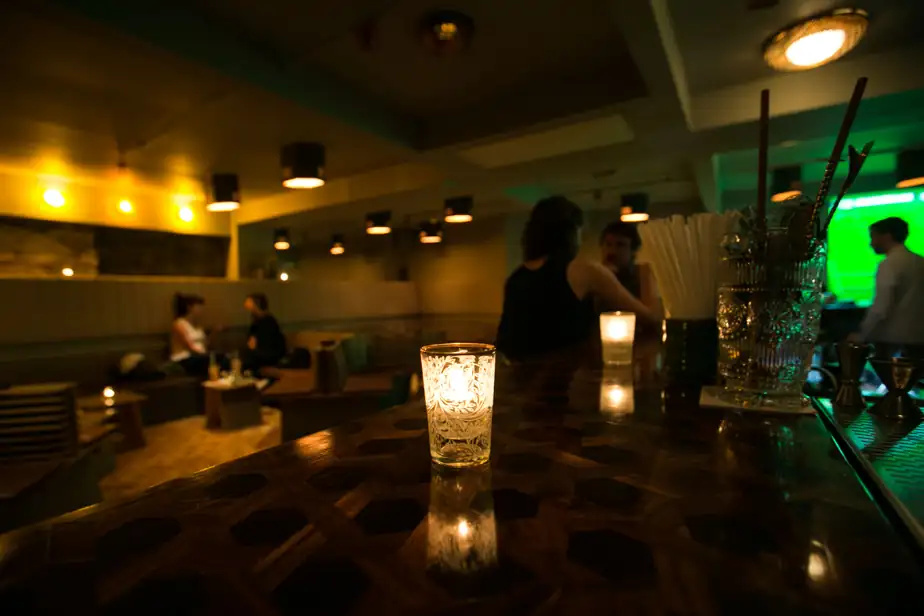
Later closing bars doesn't mean Montreal “will turn into Las Vegas,” the Plante administration assured Tuesday. On the contrary, it hopes to develop a night life policy “for the whole city” according to the reality of each district.
“The goal is not Las Vegas. We really believe it can be done collaboratively. We want people who don't want to participate in the night life to relax, but we also want this economic development, this cultural impact,” argued Erica Alnius, head of culture at the Executive Committee on Tuesday.
In the evening, she answered questions from many Montrealers who had come to the start of a consultation on future nightlife policy.
Montreal is proposing to establish mandatory “nocturnal vitality zones” where high noise levels are allowed, offer financial assistance programs, require some establishments to improve their soundproofing, and close their doors after 3 a.m.
Currently, noise regulations are the same everywhere, regardless of whether you are in a residential area or not. This should change in the coming months. “We meet in the middle: enjoy your nightlife or enjoy your bed,” says Mme Alnius, too, sees it as a way of “supporting cultural society”.
“No wall to wall”
However, this idea raises concerns in the commercial world. Many of the questions from citizens focused on bars and performance halls, which are battling complaints from residents over noise that threatens their survival. Mme Alnius aims to move towards “more flexible, more adaptive and more targeted” noise control precisely on this matter.
“This is not a project where we go wall-to-wall,” argued Valerie Beauly, director of the Department of Culture. “We don't want this to be one policy for downtown nightlife, but all boroughs have different realities,” she emphasized.
Based on pilot projects conducted exclusively at the Société des Arts Technologies (SAT) in 2022, the City claims that noise will not increase beyond business after 3 hours. “The observation we make is that the noise level will be high, but only near the establishment. This is a plus compared to the 3-hour closure where people stop at a nearby park,” said Economic Development Commissioner Thomas Peltier.
“The zone of nocturnal vitality can also be defined as such a place, especially if it has an important reception capacity,” continued Mr. Peltier, for example named MTelus, formerly Metropolis, which has more than 2000 spaces.
With Isabelle Ducasse, Press





